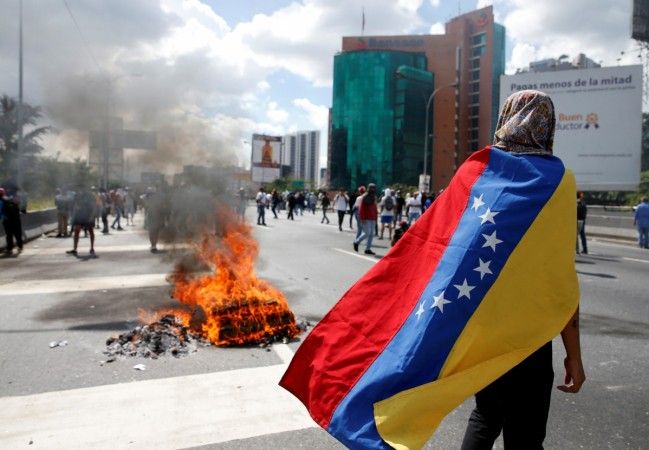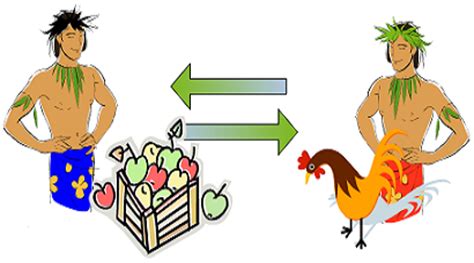“Venezuela needs to develop; economic growth is essential for the country after so many years of lagging behind.” -Luiz Inacio Lula da Silva
In the last writing on the subject of Venezuela’s Economic Collapse, we discussed the before and after of socialist policies. But what exactly were the policies and systematic changes that caused Venezuela’s economic collapse?
Venezuela bloomed in a free-market capitalist economic system where businesses can be privately owned and operate for profit of the individual. Venezuela had switched from being a capitalist country to being a socialist country around the time of Chavez’s presidency. This means that more goods were now being distributed through government agencies instead of privately owned companies.
The Venezuelan government is currently run by socialist policies that are usually meant to help the poor. They came about when President Hugo Chavez created a new constitution with many socialist policies. These policies began to have a negative effect on Venezuela’s economy.

Economic Collapse:
The first policy implemented by the Venezuelan government was price control, which fixed the price of food staples and other goods. This encouraged farmers and manufacturers to stop producing these items because they could not make a profit, causing shortages.
Another policy implemented was a foreign exchange control. This required companies to get government permission to exchange bolivars for dollars, and created a black market where the dollar would sell at a higher rate than the official one.
The third main policy was currency controls. Under this policy, Venezuela’s largest source of revenue was oil exports. To fix a growing budget deficit, the government printed more money causing inflation to rise. As inflation rose, food prices also increased due to these policies because farmers could not afford or produce enough food for the people.
Other problems that came about under Venezuela’s socialist policies were increases in poverty and unemployment rates. Businesses could not afford to pay their employees enough wages or even at all, resulting in job loss and employment scarcity.
The Problems Continue…
In 2004, another socialist policy that followed price controls was enacted: labor law reform. The two main changes from this reform were that companies had to double the size of their workforce before being allowed to fire them and companies were forced to reduce workers’ wages but keep them constant as inflation rose. Because prices kept rising, even though companies couldn’t raise wages, many businesses had no choice but to shut down since they couldn’t afford the labor they required.
The government has tried to fix the employment situation by creating a variety of jobs programs. However, all too often these programs are just temporary and end up leaving people without a job in the end. The solutions seemed to cause more harm than good.
One example of this occurred in 2014 under newly elected President Nicolas Maduro, when 250,000 people were hired for jobs that lasted 45 days and paid the minimum wage. At the end of the 45 days, the workers were let go. As a result, unemployment remained high and the jobs were once again limited. This left people hoping and relying on government projects to save the day.
Other issues such as the massive inflation rate and the lack of food items in grocery stores continually cause disruptions in Venezuela. The inflation rate was so incredibly high that the government created a new currency called the Sovereign Bolivar. It was introduced on August 20th 2018 and is supposed to be adjusted every month based on the previous month’s inflation rate. This change was brought into play after inflation rates surged to ungodly levels upwards of 65,000%.
Still Struggling.
Inflation has been reduced but still remains a huge problem for people living here. Still sitting at inflation 5,500% compared to the previous year, the Bolivar currently exchanges at around 4 million to one dollar. Hyperinflation is clearly still wreaking havoc in the country.
Rescuing Venezuela from its current situation will be a challenge because there is no single solution that can fix the problem. To this day they continue to struggle. The 2020 household poverty rate in Venezuela was 92%, with 64% of households living in extreme poverty.

Socialism has ruined Venezuela’s economy and impoverished its citizens. Socialism hasn’t created the “worker’s paradise” that it promised; instead, it has caused hardworking people to live in poverty while waiting for increased benefits that never come. Even once-rich Venezuela can’t escape this unfortunate truth any longer.
At Of The Free Market, we want to shine a light on the positive effects of free market economics. Much needed however, is a look at the disruptions and damaging consequences of hindering free trade and individual freedom. There’s a lot to be learned from Venezuela’s economic collapse. We hope that looking back at historical events such as those in Venezuela and other fallouts, such as China and the Soviet Union, can inspire us to think and to act in support and expansion of the freedoms we currently have. This is especially important in a day where we can see more socialist ideology and propaganda seep into our society day by day. Cherish and use your freedoms!




